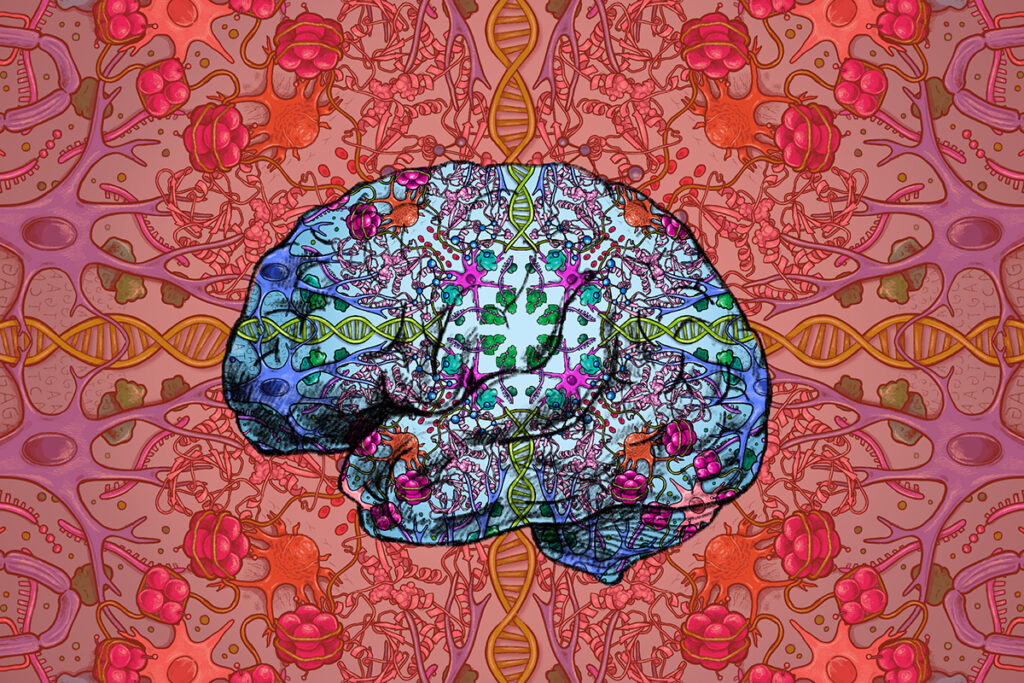
Researchers at Washington College Faculty of Medication in St. Louis have proven how mind tumors evolve in response to remedy, serving to describe how such cancers develop therapy resistance that results in the excessive mortality charge attribute of this most cancers. Solely 5% of sufferers survive 5 years after prognosis with probably the most aggressive mind cancers.
Revealed within the journal Most cancers Cell, the worldwide research is co-led by Li Ding, PhD, the David English Smith Distinguished Professor of Medication, and Milan G. Chheda, MD, an affiliate professor of drugs, and is a part of the Medical Proteomic Tumor Evaluation Consortium, funded by the Nationwide Most cancers Institute of the Nationwide Institutes of Well being (NIH).
The researchers analyzed glioblastoma and high-grade astrocytoma tumors from 200 sufferers to determine mutated proteins and different molecules concerned in making these tumors so proof against therapy. For a subset of the tumors, the researchers had been capable of research how the proteins modified when the tumors returned or continued rising after therapy. They discovered many alternative genetic alterations that converged on some widespread mobile occasions affecting protein interactions and metabolism within the tumors. Notably, they recognized a central function for a gene known as PTPN11, which may function a goal for attainable future therapies.

